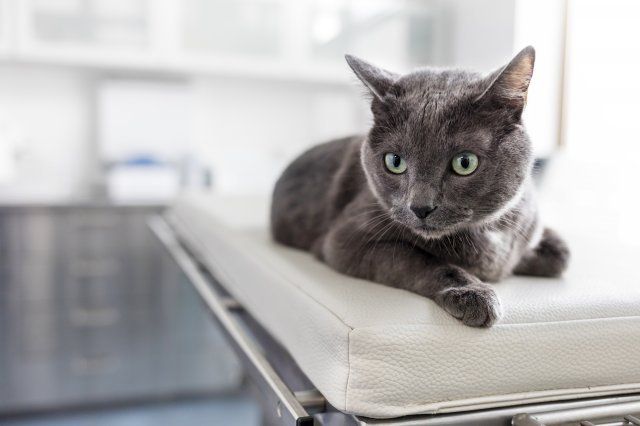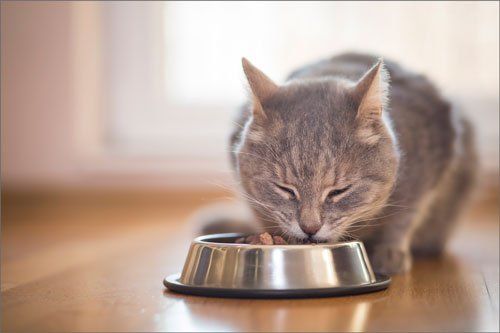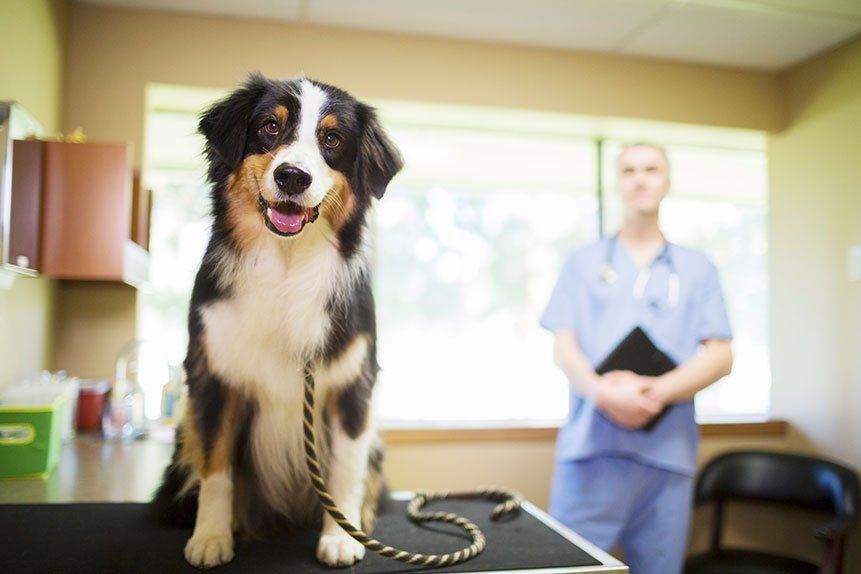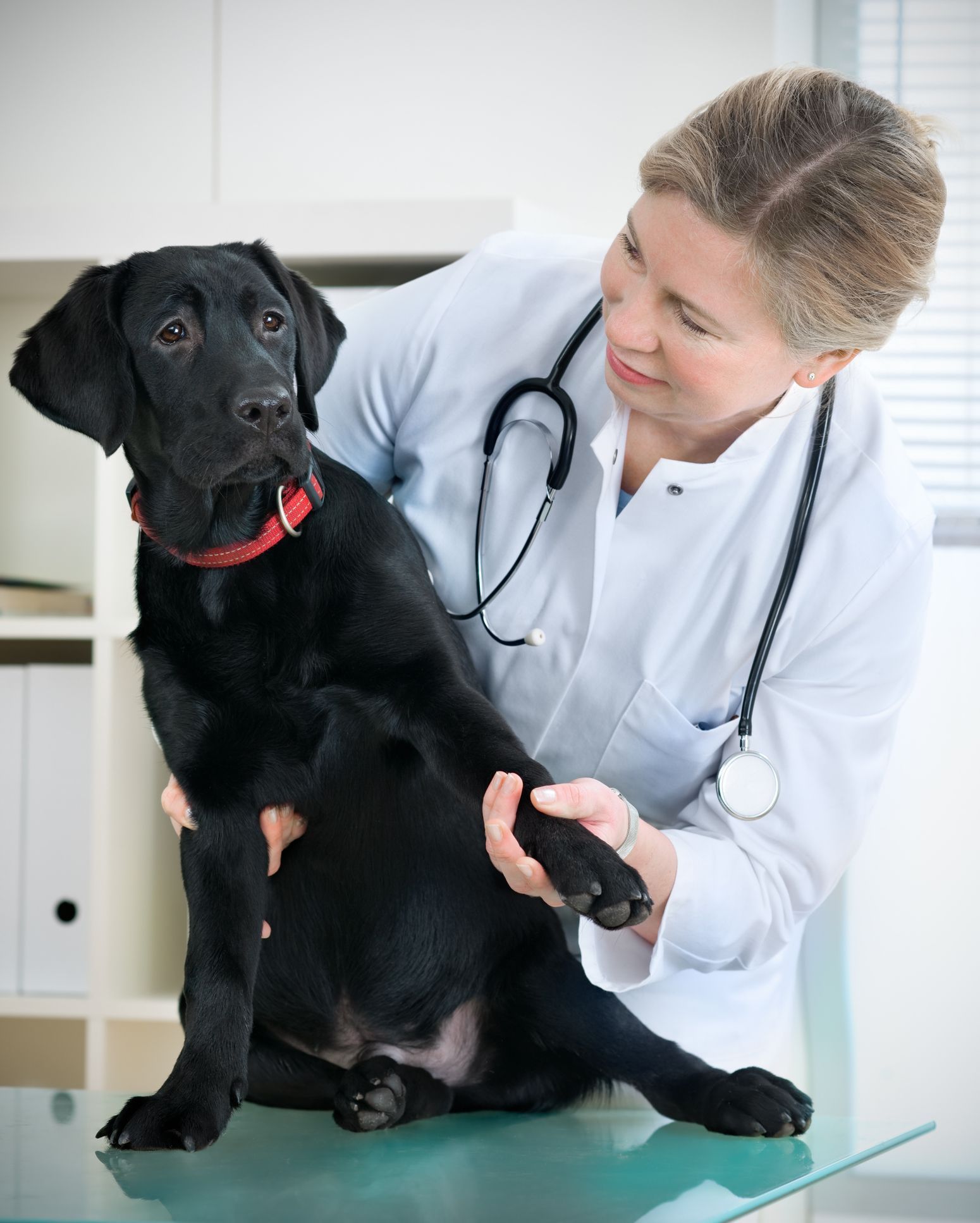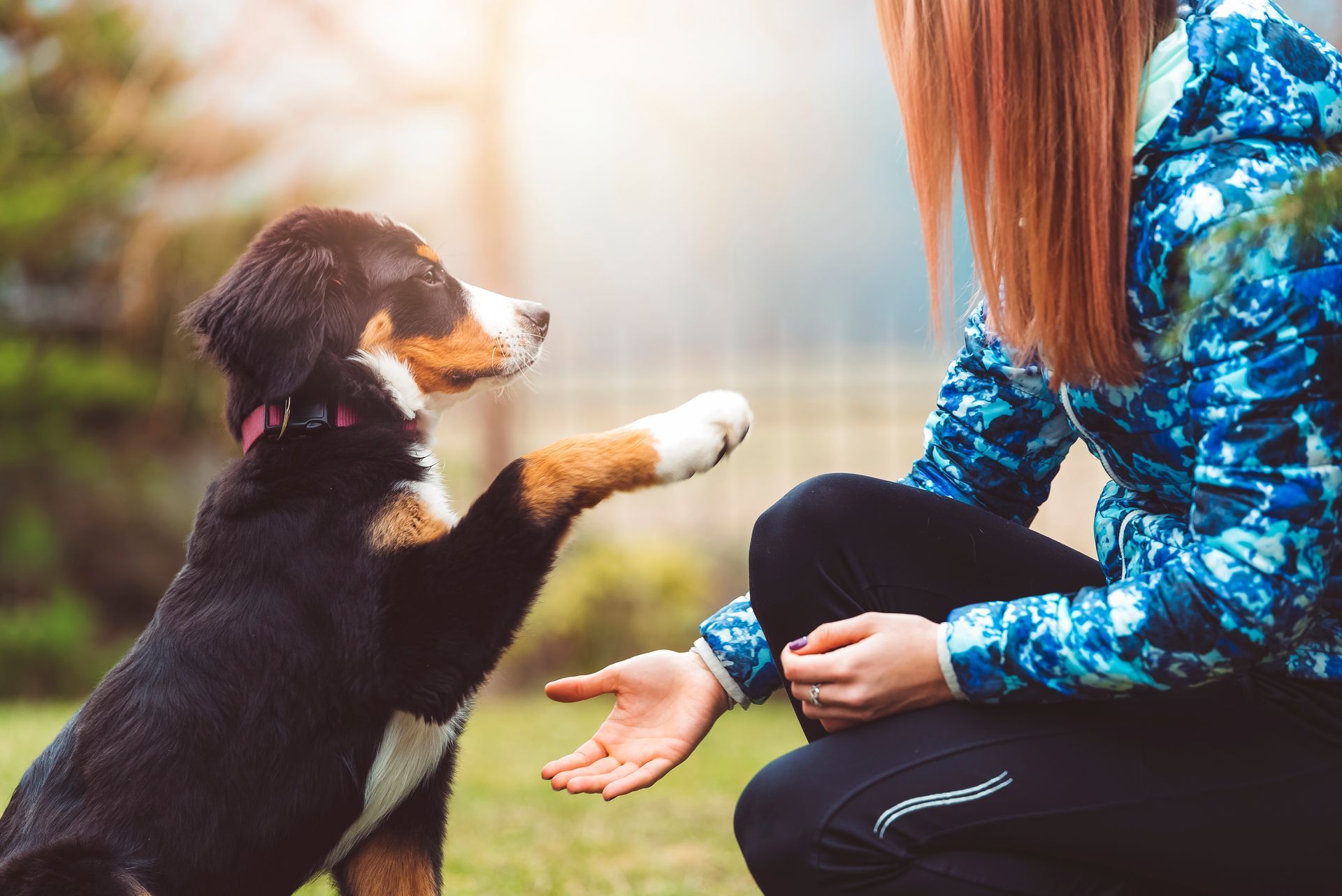According to statistics, more than
74 millioncats are kept as pets in the United States. This large number gives cats numerous opportunities to fellowship with feline friends. It also contributes to the likelihood that a pet cat will encounter another cat with a communicable disease.
If you have a cat, you probably value the companionship of your pet. In order to keep your cat in optimal health for years to come, it's important to have the animal vaccinated against common feline diseases.
Many people are aware of the need to vaccinate their pets against rabies. However, there are vaccines available for additional contagious diseases that may affect a feline pet. Here are a few feline diseases that can be avoided through proper
vaccination.
Panleukopenia, which is commonly called feline distemper or feline parvo, is a contagious disease that is caused by a virus. When a cat contracts the disease, the virus invades important cells within the animal's body, such as those of the nervous system, lymph nodes and digestive tract. In addition, the virus attacks bone marrow, which is responsible for manufacturing your cat's blood cells.
Panleukopenia is transmitted through contact with the urine or fecal matter of an infected cat. Even if an animal recovers from the disease, the active virus can remain in the urine for weeks. Additionally, the virus can also pass from a pregnant cat to her unborn kittens. It can even be spread by fleas who have feasted on the blood of an infected animal.
Here are a few symptoms that you can expect to accompany panleukopenia:
- Vomiting
- Dehydration
- Lack of appetite
- Seizures
- Loose stools
- Reduced number of white blood cells
Your veterinarian can offer medications to help alleviate some of the symptoms of panleukopenia until the animal overcomes the condition. However, preventive care through the panleukopenia vaccine remains the best care option.
No other feline disease causes more cat deaths than feline leukemia. The disease, which is caused by a virus, results in cancer.
The condition is spread from an infected cat to another through bodily fluids, such as urine, blood or saliva. In addition, the disease can be transmitted through contact with the feces of an infected cat. Transmission of the disease can also occur in utero. Thus, kittens can become infected with feline leukemia while they are still developing in the uterus of an infected mother.
Symptoms of feline leukemia include:
- Fever
- Anemia
- Loss of weight
- Diarrhea
- Loss of appetite
- Enlarged lymph nodes
- Oral health problems
- Jaundice
- Gums that lack color
- Susceptibility to infections
Once a cat contracts feline leukemia, there is no available treatment for the condition. As a result, vaccination is particularly important.
Respiratory diseases are common among cats. Although these conditions may seem harmless, older felines and kittens may find it particularly difficult to overcome these ailments.
Your veterinarian is able to protect your cat from three respiratory illnesses— chlamydia, rhinotracheitis and feline calicivirus (FCV) — with the same vaccine. It is called the FVRCP-C vaccine, and it also prevents the development of panleukopenia. The title is the acronym for Feline Viral Rhinotracheitis, Calicivirus, Panleukopenia and Chlamydia.
Respiratory diseases can be airborne and may be spread by casual contact with an infected animal. In some cases, cats that carry respiratory illnesses may not display any signs of disease.
Common symptoms of feline respiratory conditions include:
- Sneezing
- Coughing
- Infections of the eye
- Lack of appetite
Vaccinated cats that encounter the diseases covered by the FVRCP-C vaccine usually only develop mild symptoms of respiratory distress. Without the vaccination, cats may become extremely ill or even die.
